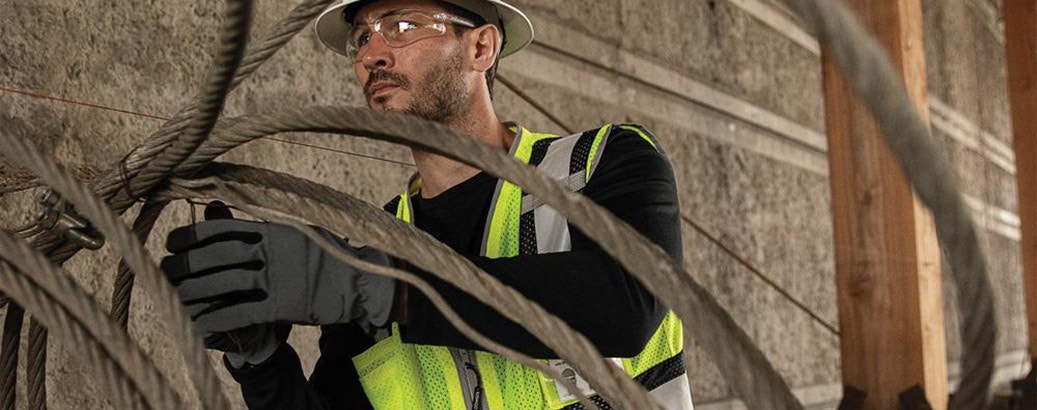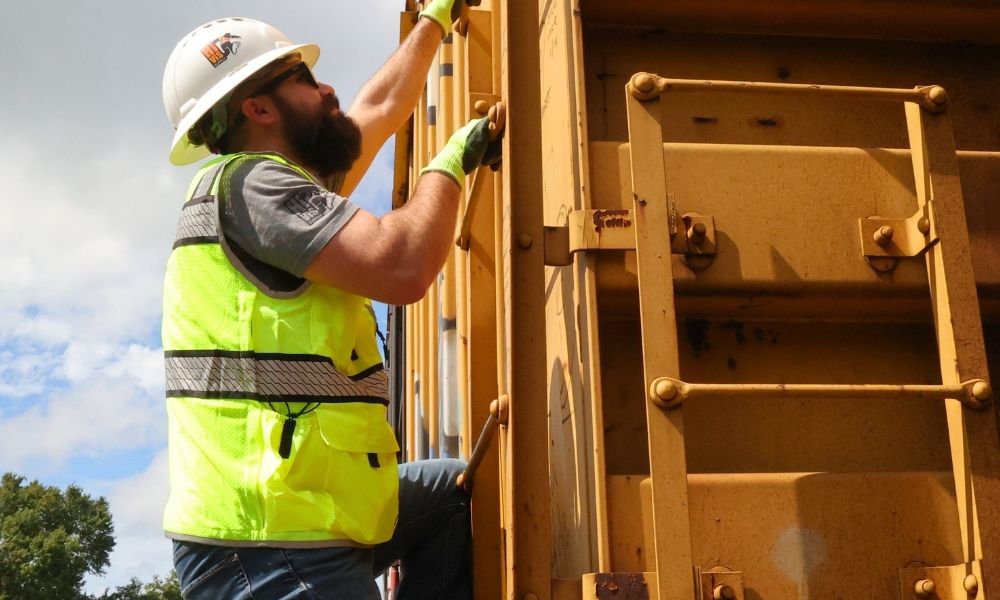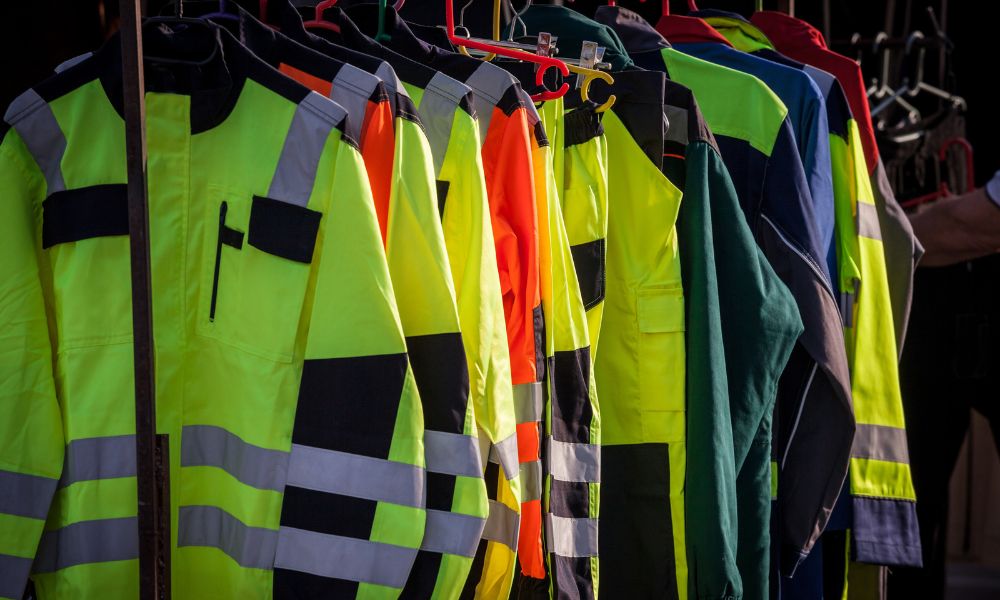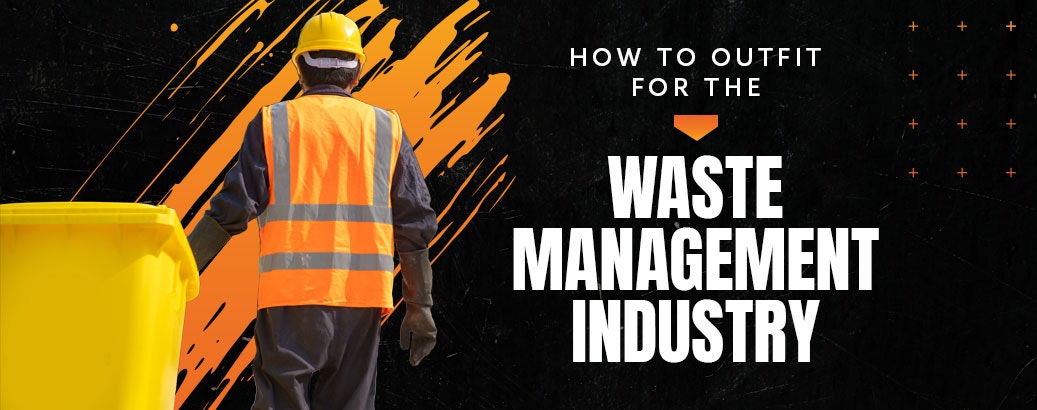Winter Work Safety: Frostbite & Trench Foot Prevention
- Dec 6, 2015
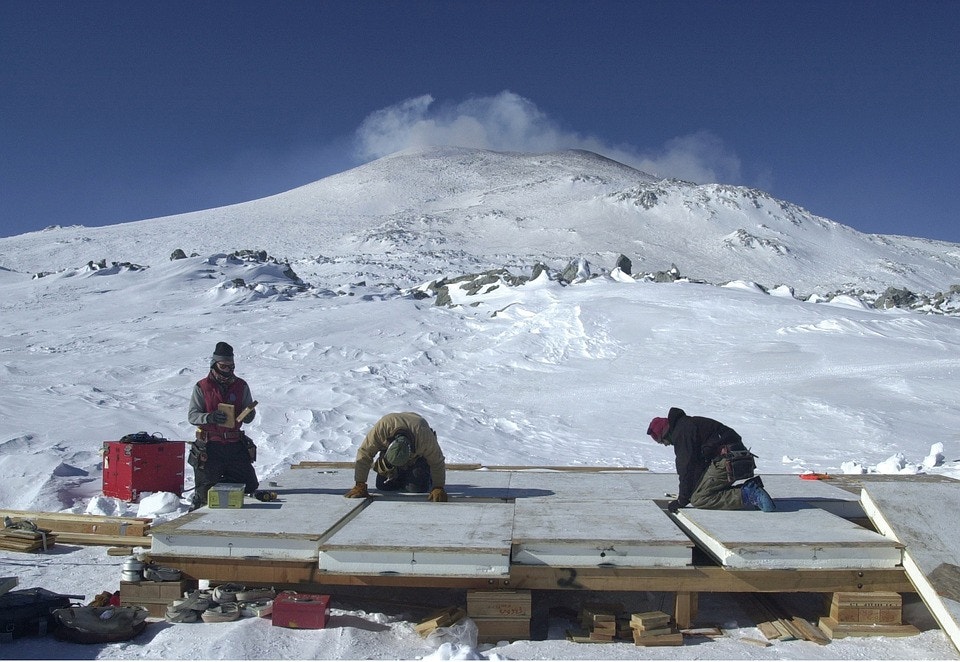 Winter is here, and if you're working outdoors in a cold climate, you know just how uncomfortable it can get without the proper protection. While you might be a veteran of winter workdays, it's always smart to be safe and avoid pushing yourself beyond your limits.
Winter is here, and if you're working outdoors in a cold climate, you know just how uncomfortable it can get without the proper protection. While you might be a veteran of winter workdays, it's always smart to be safe and avoid pushing yourself beyond your limits. The cold air temperature and other unique situations created by winter weather can be damaging and even fatal to your body if they aren't prevented, recognized or treated properly. Two of the most commonly occurring problems are frostbite and trench foot, both of which can sneak up on you relatively quickly. Below is some information on preventing, identifying and treating frostbite and trench foot.
Frostbite
Frostbite occurs by the body beginning to literally freeze. Usually only an issue in extreme cold, it's most common with the hands/fingers, nose/face, ears, feet, or toes. Once it has began, frostbite can cause permanent damage by cutting off the flow of blood to the affected area. This leads to cell and tissue death, which can require amputation. People with low or reduced blood circulation are at an increased risk of frostbite.
To prevent frostbite, be sure to wear sufficient protection from the air temperate, wind, and any materials that you might be handling. This includes wearing proper insulated gloves, hats and/or face protection, and sufficient insulation around the feet such as heavy socks.
Symptoms of frostbite include reduced blood flow, numbness, tingling or stinging sensations in the affected areas, aching, and bluish or pale, waxy skin.
If you or a co-worker is suffering from frostbite, you should get into a warm space as soon as possible. Do NOT walk on frostbitten feet or toes, as this could increase the damage to those areas. Apply warm water to the affected area (not hot water) and/or warm the area with heat. In emergency situations where a source of heat is not available, use an armpit. It's important to note that you should not rub or massage frostbitten areas because this could increase the damage. Additionally, refrain from using heating sources such as a heating pad, heat lamp, stove, fireplace, or radiator; since the affected areas are froze, burning can occur very easily due to numbness and the inability to properly feel the heat. If the signs are severe or if self-treatment doesn't help, seek the help of a doctor or emergency medical attention immediately.
Trench Foot
Trench Foot, sometimes called immersion foot, is a condition when an injury to the feet is sustained due to long exposure to wet & cold conditions. Believe it or not, trench foot can happen at temps of 60 degrees fahrenheit if your feet are continually wet. Since wet feet lose heat 25 times faster than dry feet, your body will attempt to prevent heat loss by shutting down the circulation to the feet, resulting in dying skin tissues.
To prevent trench foot, it's critical to keep your feet dry. This means the use of waterproof boots, waders, or similar when working in wet conditions. Job sites with a lot of snow, or melted/melting snow are a prime scenario for causing trench foot. The best bet is to have waterproof workbooks all winter, and to make sure they rise high enough to prevent entry of water.
Symptoms of trench foot include numbness, reddened skin, swelling, leg cramps, tingling pain, blisters, sub-dermal bleeding and gangrene.
If you or someone you know is suffering or believed to be showing the warning signs of trench foot, it's important to take immediate action. First, remove wet boots and sox. Thoroughly dry the feet and avoid walking on the feet as much as possible. Avoid the cold and any water for a generous period of time and until all symptoms are gone. If symptoms don't begin to improve or if the symptoms are sever, consult a doctor or emergency medical help immediately.
Stay Warm & Use Your Head
We say this time and time again, folks. Your job is an important part of your life, but don't allow it to ruin your life. Practice proper safety on the job to reduce the risk of accidents, injury, or death. Wear the proper safety equipment, follow safety procedures and be aware of your surroundings. Stay educated and informed and make sure that the same is true of your co-workers.
For proper winter workwear products that will prevent frostbite, trench foot and other cold-related health issues, visit our website's winter workwear selection. We have a large inventory of a variety of products from the top brand names, specifically designed to protect those of you who work outdoors in the winter. A small investment can go a long way when it comes to personal safety.


